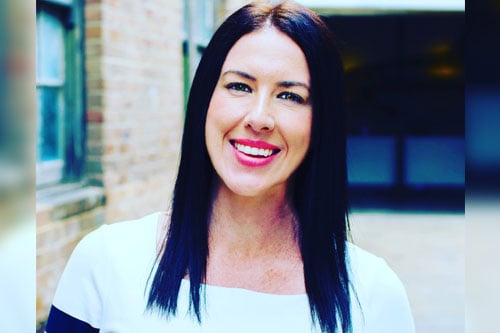
Many HR teams focus their talent initiatives on senior managers, but IKEA takes more of a holistic, values-based approach

Many HR teams focus their career development programs and investment on nurturning top level talent. However, IKEA takes the opposite approach and sees every member of staff as 'talent'.
“For this reason, career growth and development does not always follow a traditional trajectory, in the sense that we believe that you can move up but you can also move sidewards – into a completely different role or function,” said D’Neale Prosser, Talent and Leadership Manager.
Prosser told HRD that one example of this is their current digital channel performance manager.
Zac Horgan joined IKEA four and a half years ago in a logistics role in one of the Melbourne stores. After six months he showed an interest in an IT specialist role. Despite having no IT background, Horgan was successful and was appointed to the role.
Through on the job training and his own leadership ability, Horgan supported numerous IT projects, travelled around Australia and also to France within the role.
Today, Horgan is Sydney-based and works in the multichannel team, leading sales and operations within the e-commerce team.
“Where his career journey takes him next in IKEA really is in his hands,” said Prosser.
“In this way, we genuinely offer a broad range of opportunities for everyone to grow within IKEA because we believe that when our co-workers grow, IKEA grows too.”
Prosser said the heart of seeing and enabling talent is built around the focus on hiring based on culture and values, rather than resumes.
Workplaces need to prepare today for the needs of the tomorrow when it comes to recruitment and careers, she added.
“Seeing and enabling talent is critical in our rapidly growing business as we prepare to hire 16,000 new co-workers by 2030,” said Prosser.
“Of course, it goes beyond recruitment as we also look to continue to develop our 4,000 current strong workforce.
“By focusing our efforts both internally and externally we are able to create a continuous pipeline of talent ensuring we are prepared for the future and for roles that may not even exist yet – across recruitment, succession planning, leadership development, competence development and performance management.”
Prosser added that IKEA believes that “your values are more important than your CV”.
“As a values-based organisation our recruitment process aligns to these values,” she said.
“We know that tomorrow’s candidates are not necessarily looking for the perfect job, they’re looking for the perfect cultural fit.”
Consequently, IKEA see each individual as a talent throughout the recruitment process.
“We also provide equal opportunities, regardless of gender, age, religion, sexual orientation, physical ability, ethnicity or any other dimension of identity,” she said.
Hiring in this way means we can build a workforce that consists of a “diverse group of down-to-earth, straightforward people with a passion for home furnishing”.
“Everyone brings something unique and valuable. Recruiting based on values creates a genuine sense of togetherness, but part of the process is also about ensuring that we are transparent and open about what it means to work for IKEA,” Prosser added.
“First and foremost we want people to choose IKEA for what we stand for, which plays an important part of hiring the right people, for the right role, at the right time.”